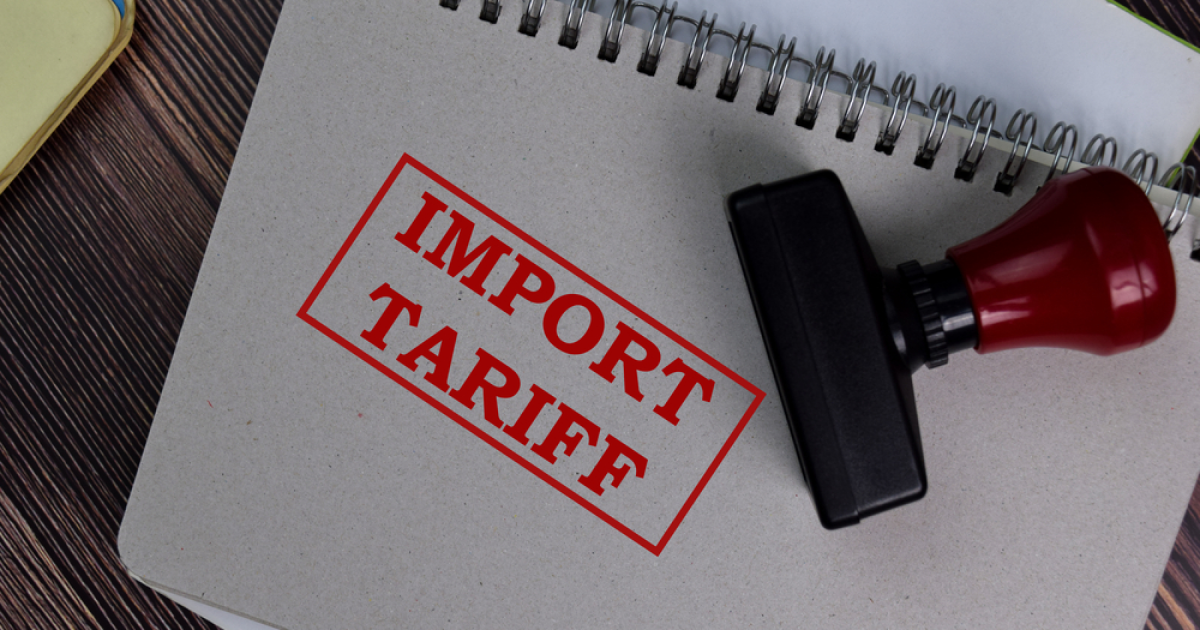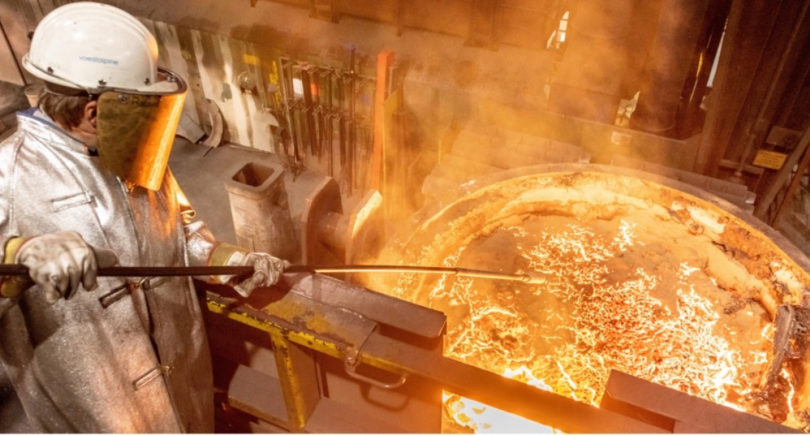
News Global Market trade war 1176 05 June 2025
Countries are negotiating with the United States, but are ready to take retaliatory measures
The doubling of tariffs on steel and aluminum imports to the United States to 50% has increased challenges for the global economy and added urgency to negotiations with Washington.
On June 4, Canadian Prime Minister Mark Carney said that intensive negotiations with the United States on trade relations between the countries are underway, Bloomberg reports. This is how he explained his government’s decision not to respond to the Trump administration’s doubling of tariffs on steel and aluminum. However, if the negotiations fail, Canada plans to take countermeasures.
Carney is facing pressure in the country to respond quickly to the US tariffs. Catherine Cobden, chairman of the Canadian Steel Association, said that it is necessary to level the playing field and fight back with retaliatory measures. According to her, steelmakers are simply trying to regain their domestic market share amid the loss of access to the US market. Cobden explained that some Canadian producers still buy American steel. She added that a 50% tariff level would devastate the industry. Canadian producers have already cut about 700 jobs due to the drop in supplies. Jean Simard, head of the Canadian Aluminum Producers Association, said the sector is ready to give negotiations a chance before putting pressure on Carney.
At the same time, the European Union reported progress in trade negotiations on June 4, Reuters reports. European Commissioner for Trade and Economic Security Maroš Šefčovič and U.S. Trade Representative Jamieson Greer said their meeting in Paris was constructive. According to Šefčovič, technical talks are underway in Washington, and high-level contacts will follow. Greer noted that the talks are progressing quickly and have demonstrated the EU’s willingness to work with the US to find a concrete way to achieve mutual trade.
Šefčovič also regretted the doubling of steel tariffs by the United States, emphasizing that the EU has the same problem as the US – overcapacity, and the parties should work together on this.
Mexico will announce retaliatory measures next week if no agreement is reached with the United States on the announced steel and aluminum tariffs, President Claudia Sheinbaum said on June 4. She also called the U.S. announcement to increase tariffs on metals by up to 50% an “unfair measure,” referring to the free trade agreement that Mexico and Canada have with the United States. According to her, Mexico’s reaction is not a matter of retaliation, but of protecting the country’s jobs and businesses.
According to Marco Pollo Melo Lopes, executive president of the Brazilian Steel Institute (IABR), the country is taking a cautious but strategic approach to the United States’ decision. The move is expected to have a significant impact on Brazilian steel exports, particularly slabs, which are a critical component for US steelmakers. He noted that when the US imposed a 25% tariff, the country’s exporters had to adjust both prices and volumes. With the tariff increasing to 50%, he expects another round of market disruptions.
The Brazilian president has instructed the vice president to lead negotiations aimed at establishing a quota system that will allow Brazilian slabs to enter the US market at reduced tariff rates.
As a reminder, US President Donald Trump raised duties on imports of steel and aluminum from 25% to 50%, which came into effect on June 4. Duties on metals imported from the UK will remain at 25% until at least July 9.




